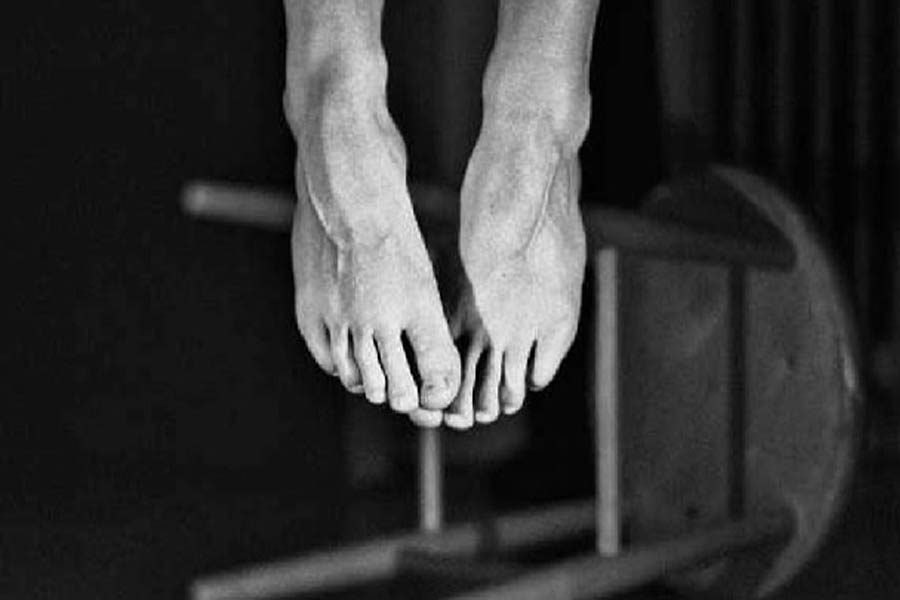
Washington: A 1 per cent reduction in deep sleep per year increases the risk of dementia by 27 per cent in people above 60 years of age, according to a study.
Studies also show that improving or maintaining deep sleep, commonly known as slow-wave sleep, in later life may help prevent dementia.
Matthew Passey, associate professor at the Monash School of Psychological Sciences and the Turner Institute for Brain and Mental Health in Melbourne, Australia, led the study, which was published in JAMA Neurology.
The study involved 346 participants over the age of 60 enrolled in the Framingham Heart Study who completed two nocturnal sleep studies in the time periods 1995 to 1998 and 2001 to 2003, with an average of five years between the two studies. Was.
These participants were then carefully monitored for dementia from the time of the second sleep study until 2018.
The researchers found, on average, that the amount of deep sleep declined between the two studies, indicating a slow decline in sleep as we age.
Over the next 17 years of follow-up, 52 cases of dementia were reported.
Even adjusting for age, sex, group, genetic factors, smoking status, sleep medication use, antidepressant use, and anxiolytic use, each one percent decrease in deep sleep each year increased the risk of dementia by 27 percent. Was associated with.
Associate Professor Passey said, “Slow sleep, or deep sleep, supports the aging brain in many ways, and we know that sleep increases the clearance of metabolic waste from the brain, including the proteins that accumulate in Alzheimer’s disease. Withdrawal facility is also included.” ,
“However, to date we have been uncertain about the role of slow-wave sleep in the development of dementia. Our findings suggest that slow-wave sleep deficiency may be a modifiable dementia risk factor.”
Associate Professor Passey said the Framingham Heart Study is a unique community-based cohort with repeated overnight polysomnographic (PSG) sleep studies and uninterrupted monitoring for incident dementia.
“We used this to examine how slow-wave sleep changes with aging and whether changes in the percentage of slow-wave sleep were associated with risk of dementia later in life up to 17 years later,” he said. “
“We also examined whether brain volume indicative of genetic risk for Alzheimer’s disease or early neurodegeneration was associated with decreased slow-wave sleep. We found that genetic risk factors for Alzheimer’s disease, but not brain volume “Was associated with a quick decline in sleep, not quantity. Slow-wave sleep.”
















